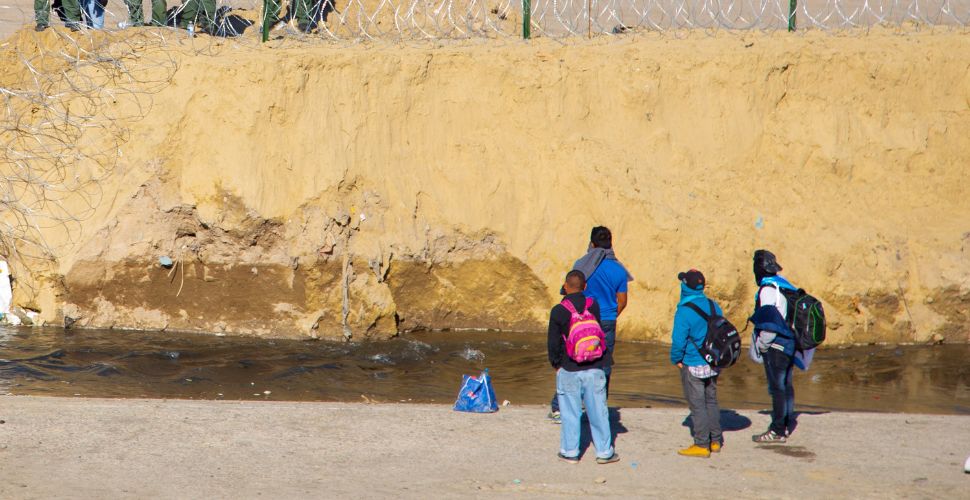Climate crisis and modern slavery
The climate crisis is here, and people are feeling the consequences now. Climate-induced migration and displacement are putting populations on the frontlines of the climate crisis at increased risk of forced marriage, forced labor, and exploitation. We need world leaders to act now by implementing solutions to the climate emergency that put human rights and measures to address modern slavery at their center. Climate justice without modern slavery now!
A just transition – the social changes needed to move to a low-carbon economy – must not be built on the back of forced labor and modern slavery. Efforts to reduce emissions, such as the transition to solar power, cannot rely on forced labor and an exploited workforce in its supply chain. But with almost 45% of the world’s solar-grade polysilicon supply found in the Uyghur Region and the four largest global solar panel suppliers implicated in the Uyghur forced labor system in China, the world’s solar panel industry is currently at high risk of forced labor.
How to achieve climate justice…
As governments and international organizations pursue solutions to tackle the climate crisis and achieve a sustainable future, we are urging world leaders to commit to a transition to renewable energy whilst ensuring that forced labor in mineral extraction and manufacturing is eradicated. That means ensuring robust mandatory human rights due diligence legislation is enforced in the procurement of renewables contracts to hold companies accountable for forced labor and prevent exploitation in supply chains as we build a new energy mix for the future.
For real progress to be made at COP27 and beyond, world leaders need to actively promote a just transition to responsible renewable energy by:
- Recognizing that human rights are central to the climate response.
- Adopting new ambitious green policies and regulatory frameworks that protect workers, local communities, and Indigenous Peoples.
- Ensuring human rights due diligence in the procurement of renewables contracts and that exploitative work conditions are prevented as we build a new energy mix for the future.
- Ensuring that renewable energy development results in equal access to clean, reliable, and affordable energy for their populations
… without modern slavery
We recognize the need for urgent climate action rooted in human rights as a priority. That’s why we are calling on global leaders to ensure the just transition prioritizes building resilience to modern slavery and embraces this as an opportunity to further develop human rights due diligence frameworks for a truly just transition to a low carbon economy.
Freedom United is urgently calling on the Secretariat of the United Nations Framework Convention on Climate Change to ensure that the just transition and responses to the climate emergency advance the human rights agenda.


Make your voice heard
Comment
3
Share this petition